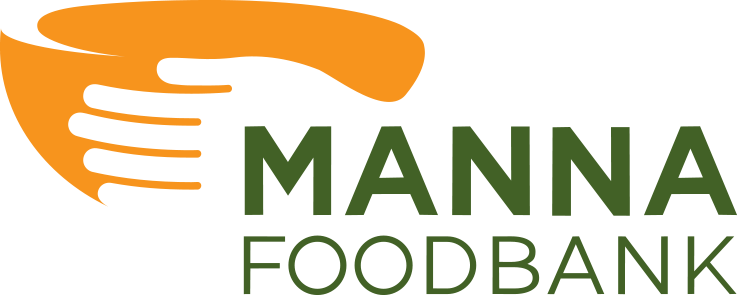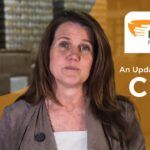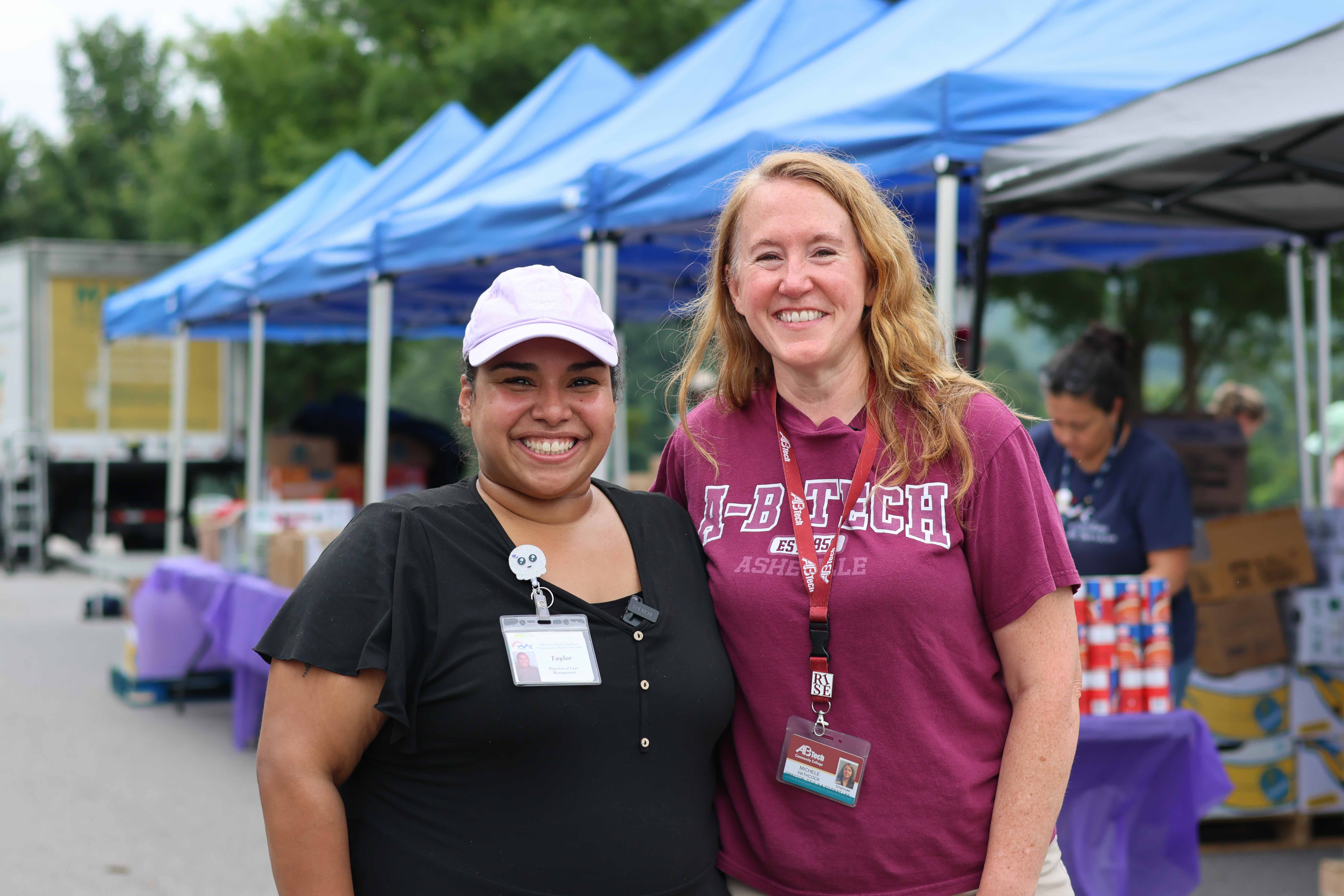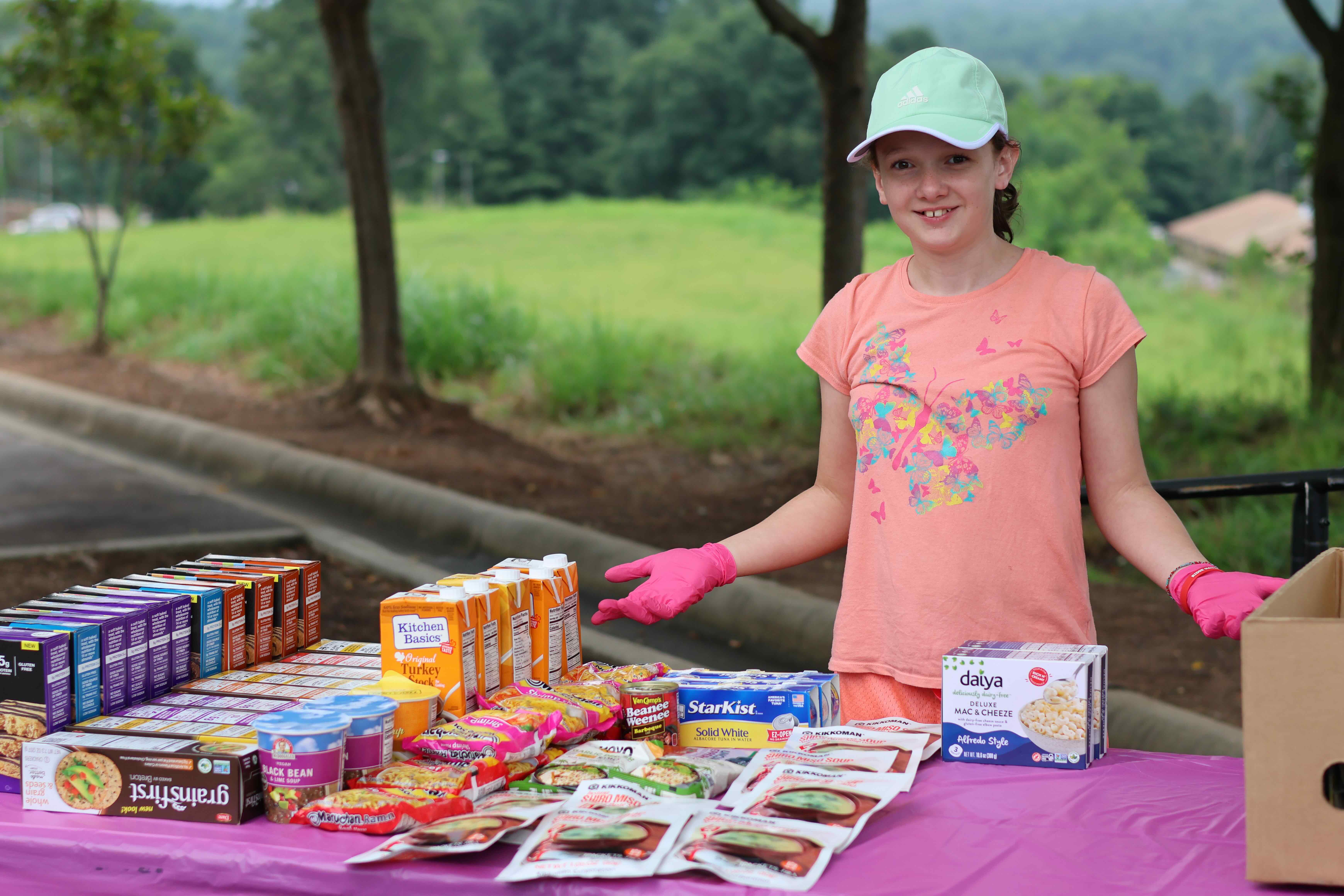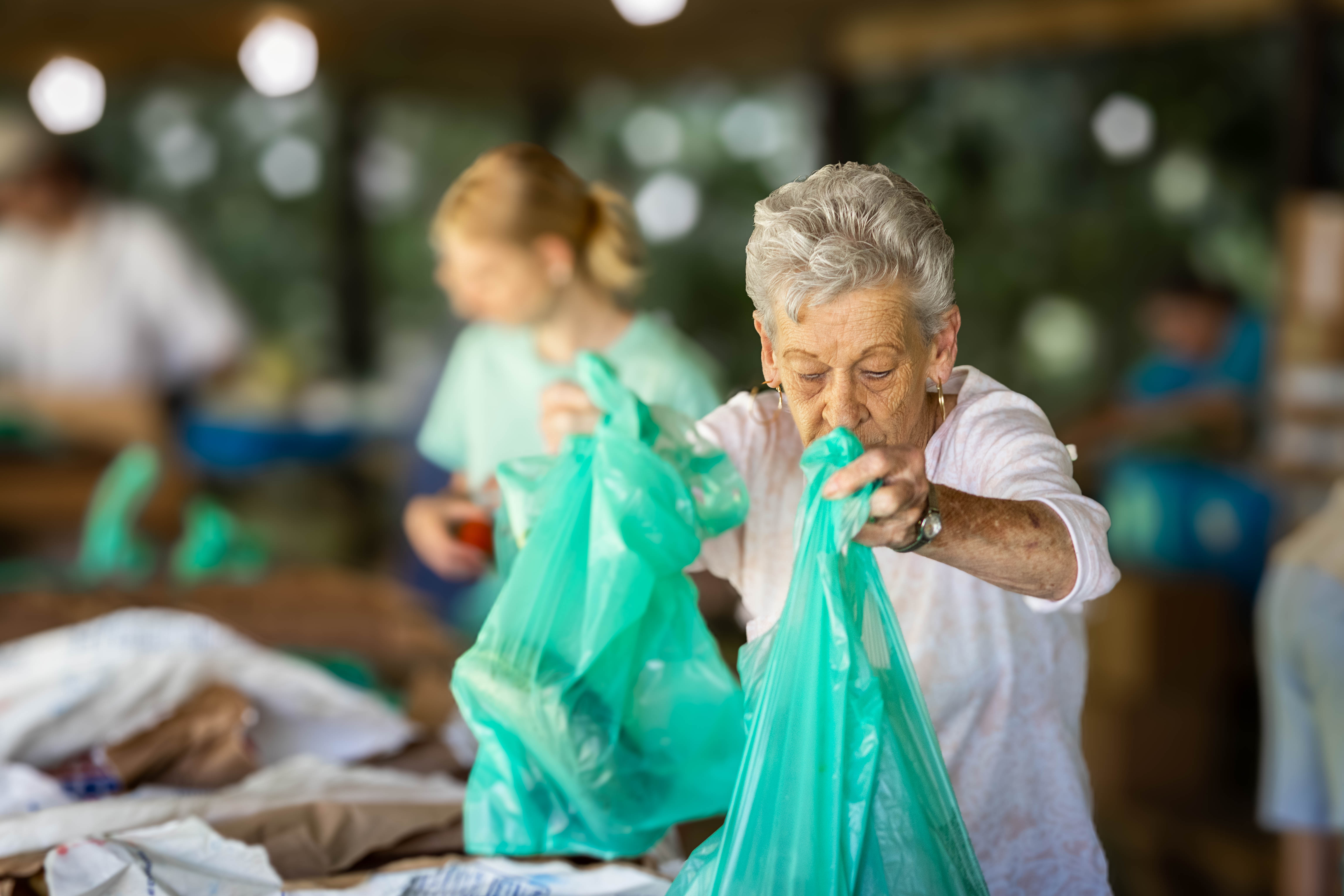The Pressure Seniors Face Right Now in WNC
In WNC, the fastest growing demographic is our senior population. In the next ten years alone, the senior population is expected to increase by 39%. As more and more seniors call the mountains their home, we continue to witness the same ongoing issue – a high rate of food insecurity and hunger amongst our senior neighbors.
WNC presents a unique set of circumstances for seniors that makes it difficult to maintain food security in their household. In the mountains, seniors are often geographically isolated from food hubs. If they are unable to drive or do not have access to a vehicle, there is rarely a suitable system of public transport that will bring seniors from their homes to a grocery store or market.
 Another enormous barrier in securing food for seniors is the pressure on household finances. Due to the continued growing costs of living in housing, medical necessities, transportation costs, and groceries, it can be incredibly difficult to have enough funds to cover the basics, especially on a fixed income. Often, the lack of funds force seniors to make difficult decisions, such as “do I purchase my medicine or groceries for the week?”
Another enormous barrier in securing food for seniors is the pressure on household finances. Due to the continued growing costs of living in housing, medical necessities, transportation costs, and groceries, it can be incredibly difficult to have enough funds to cover the basics, especially on a fixed income. Often, the lack of funds force seniors to make difficult decisions, such as “do I purchase my medicine or groceries for the week?”
The correlation between food insecurity and health issues is well-documented and troubling. According to United Health Foundation, adults experiencing food insecurity had health care costs that were $1,834 higher than adults who were food-secure. The lack of nourishment and essential nutrients that accompanies a plate full of food has lasting health issues and increases the possibility of a heart attack, high blood pressure, depression, diabetes and many other health problems.
Knowing the impact food security has upon seniors, MANNA has been working tirelessly to make sure these neighbors have food in their homes.
MANNA’s mobile pantry program has been focusing on ensuring our mobile markets are more accessible to seniors. Working alongside community partners who specifically work with seniors and purposely having distributions in food deserts where it is difficult to find food, we are able to reach more seniors.
 At a recent MANNA Community Market in Sylva, an elderly Jackson County resident mentioned, “it is just a wonderful program and it is a huge help. When you have such a limited amount of money, the markets give us food items in the house that we can’t normally provide for ourselves.”
At a recent MANNA Community Market in Sylva, an elderly Jackson County resident mentioned, “it is just a wonderful program and it is a huge help. When you have such a limited amount of money, the markets give us food items in the house that we can’t normally provide for ourselves.”
At another recent distribution, a partner recounted that “a man in his sixties drove up and asked if he could get a food box. He mentioned that he had rarely asked for any kind of help in his life, but had been laid off from his job due to COVID-19. He mentioned that he and his wife had reached a point where they would have to decide between medication or food. They decided on medicine. Someone at the pharmacy told him about us. We loaded his car with food as he cried and thanked us.”
MANNA is also reaching seniors through our Food Helpline. Callers to the MANNA Food Helpline connect with an agent specially trained to help provide food access, including information about nearby free-food resources, as well as assistance with SNAP applications – the most efficient method of combatting food insecurity.
Locally, our senior population suffers from an incredibly low SNAP participation rate. On a statewide level, 35% of eligible seniors are enrolled in SNAP, which is below the national rate of 42%. In WNC, however, a meager 9.3% of seniors who qualify for SNAP benefits participate in the program. Enrolling seniors in SNAP means that they will have funds each month for groceries. Furthermore, they will be able to choose the food that they prefer to cook and eat. SNAP enrollment is pivotal in establishing a food secure household for many seniors in our region.
To help seniors in WNC become food secure, there are several important steps we can take. The most effect way is to share resources about SNAP, such as information about our Helpline and the webinar we will be hosting on October 19th at 1:30 PM, Spotlight on SNAP.
If you know someone struggling to afford groceries, please share our MANNA Food Helpline: 1-800-820-1109.
